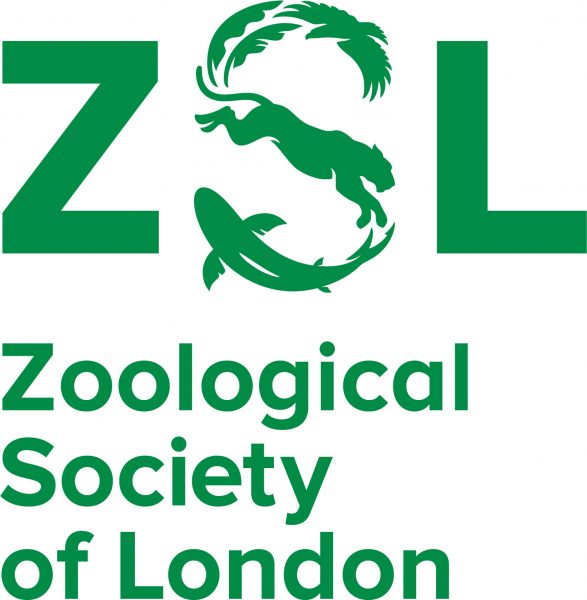Professor Charles Tyler
Professor Tyler is among the world’s leading authorities in aquatic ecotoxicology and has made significant and fundamental contributions to our understanding of a wide variety of different environmental challenges and their effect on the health, fecundity and viability of fish populations and other aquatic organisms. His work has a had a profound influence on the water industry and also on a range of policymakers and professionals associated with water quality evaluation, as well as ecotoxicology more broadly. Charles is an inspirational leader in his field and his work has been cited continually and at an extraordinarily high level (he has more than 39,000 citations!). His work has appeared in the very best specialist journals within his field, and he has had a remarkable influence not only on other academic scientists around the world, but also on policy makers and industrial collaborators. His work has, for example, been instrumental in changes in water quality legislation and the administration of effluent standards across Europe.





















